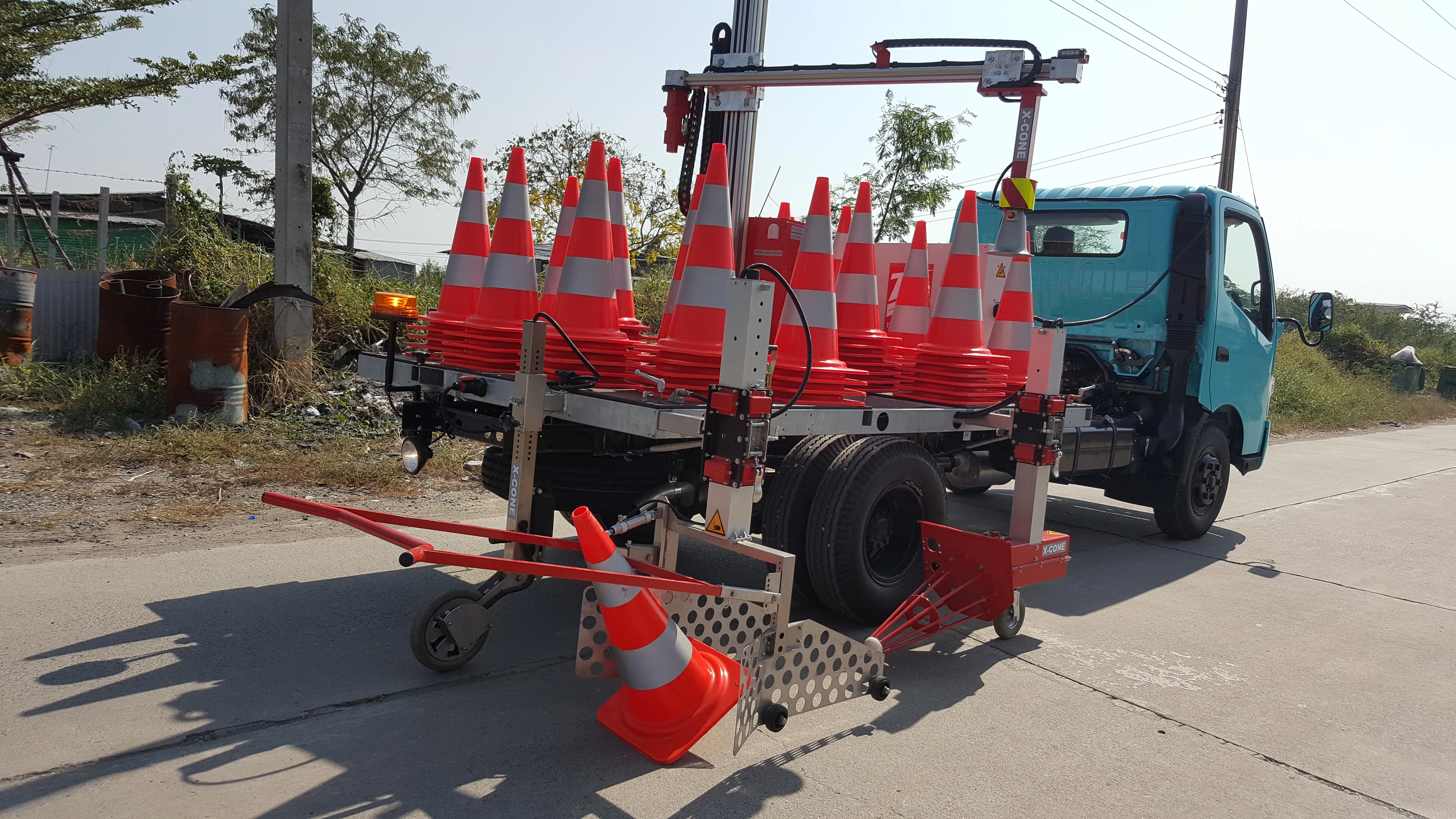A high risk collision site on the busy A574 in the UK has been made safer thanks to the installation of environmentally friendly Green Screens. The 1.8m high screens have been installed on the approach to the roundabout at the junction of Birchwood Way and Woolston Grange Avenue and mean that approaching vehicles have to slow down when approaching the roundabout.
Warrington Borough Council explained that as the roundabout is large, many motorists approaching from the direction of the M6 motorway do so at s
February 15, 2012
Read time: 2 mins

A high risk collision site on the busy A574 in the UK has been made safer thanks to the installation of environmentally friendly Green Screens. The 1.8m high screens have been installed on the approach to the roundabout at the junction of Birchwood Way and Woolston Grange Avenue and mean that approaching vehicles have to slow down when approaching the roundabout.
Warrington Borough Council explained that as the roundabout is large, many motorists approaching from the direction of the M6 motorway do so at speed because they have a good view and can be over-confident about joining traffic on the roundabout. This has resulted in collisions when motorists have misjudged the manoeuvre and there have been many occasions when vehicles on the approach to the roundabout have had to stop suddenly, causing following vehicles to collide.
The Green Screens feature wire fencing covered with ivy and obstruct the view of the roundabout as motorists approach, encouraging drivers to slow down. This technique provides an effective way of reducing collisions. Warrington Borough Council chose Green Screens over traditional wooden fencing or walling because the products offer environmental benefits and require minimal maintenance.
So far 100 Green Screens have been installed on the A574 approach to the roundabout, with another 40 Screens installed on the B5210 Woolston Grange Avenue approach.
Warrington Borough Council explained that as the roundabout is large, many motorists approaching from the direction of the M6 motorway do so at speed because they have a good view and can be over-confident about joining traffic on the roundabout. This has resulted in collisions when motorists have misjudged the manoeuvre and there have been many occasions when vehicles on the approach to the roundabout have had to stop suddenly, causing following vehicles to collide.
The Green Screens feature wire fencing covered with ivy and obstruct the view of the roundabout as motorists approach, encouraging drivers to slow down. This technique provides an effective way of reducing collisions. Warrington Borough Council chose Green Screens over traditional wooden fencing or walling because the products offer environmental benefits and require minimal maintenance.
So far 100 Green Screens have been installed on the A574 approach to the roundabout, with another 40 Screens installed on the B5210 Woolston Grange Avenue approach.








